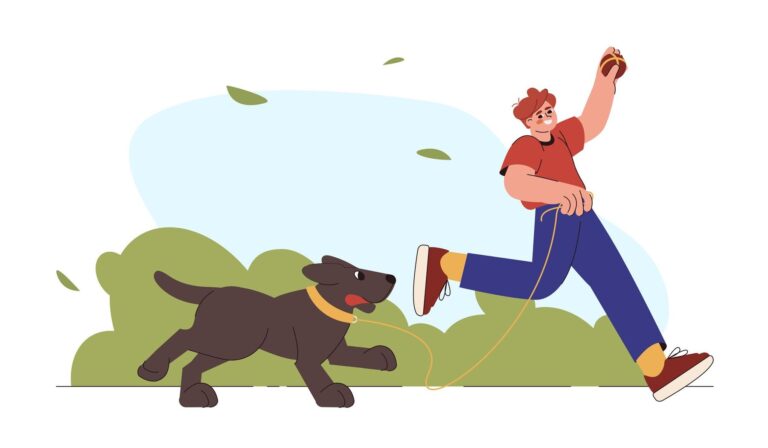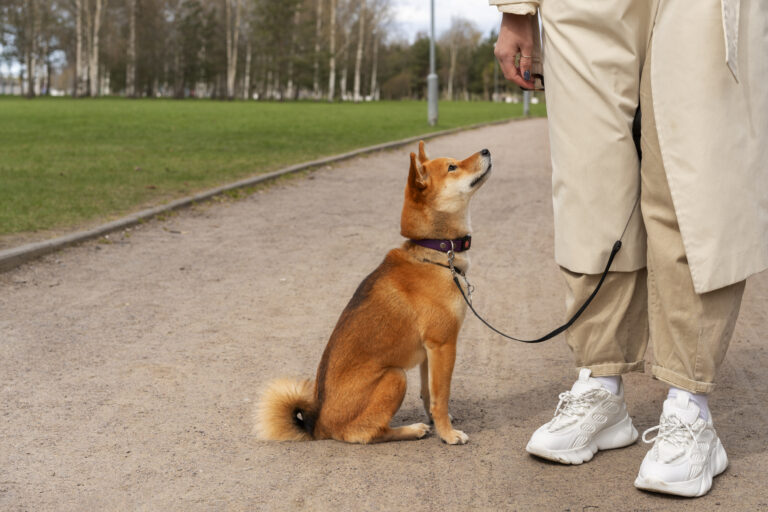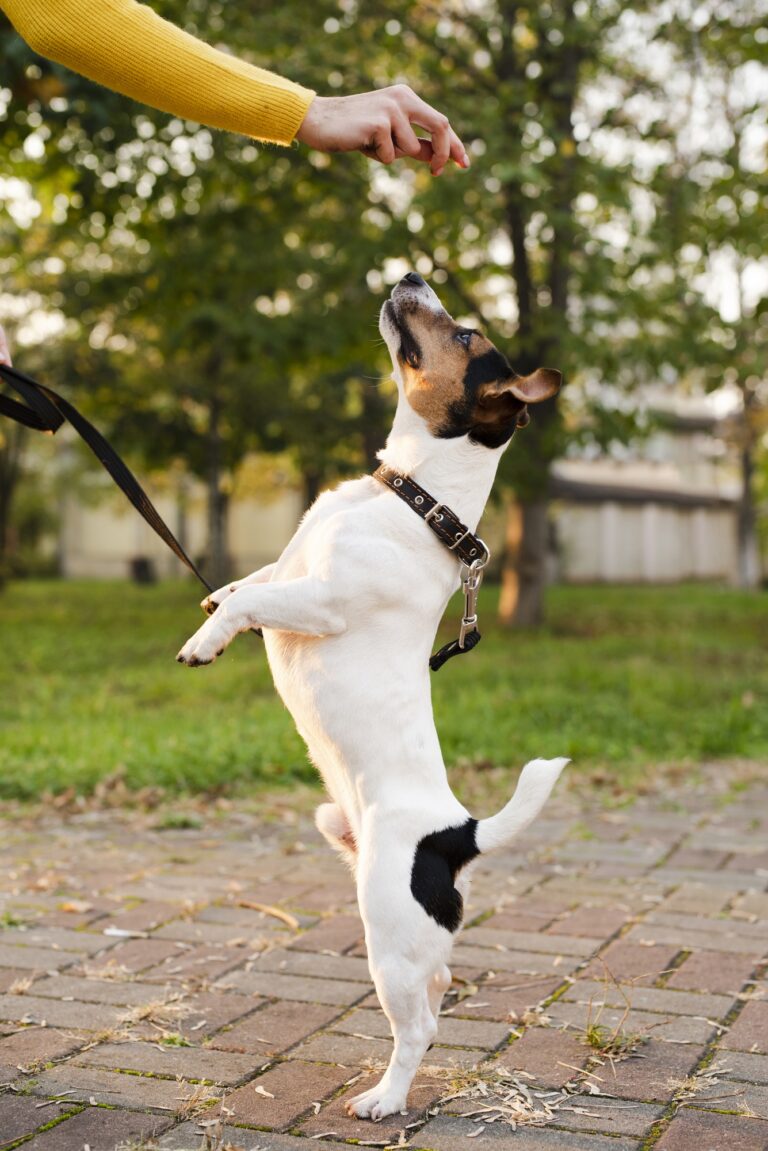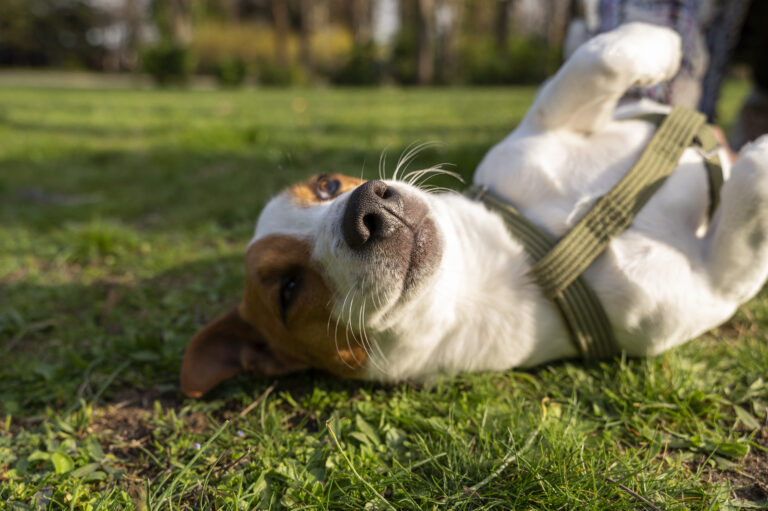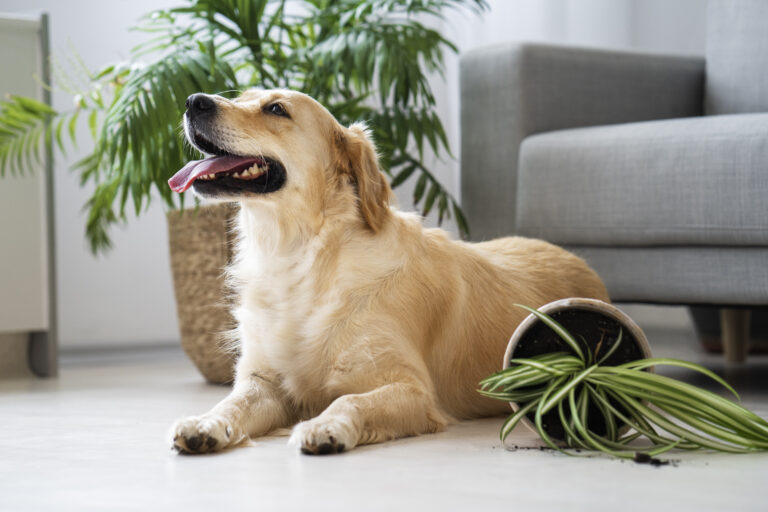THE BIGGEST MISTAKES DOG OWNERS MAKE WITH REACTIVE DOGS
Reacting aggressively is often a misunderstood and mishandled problem. Most new dog owners are surprised to learn that reactivity is not usually about dominance or aggression, but fear. Addressing this incorrectly can actually worsen the issue, leading to increased anxiety and potentially more severe reactions over time. One common pitfall is not recognizing the triggers…

